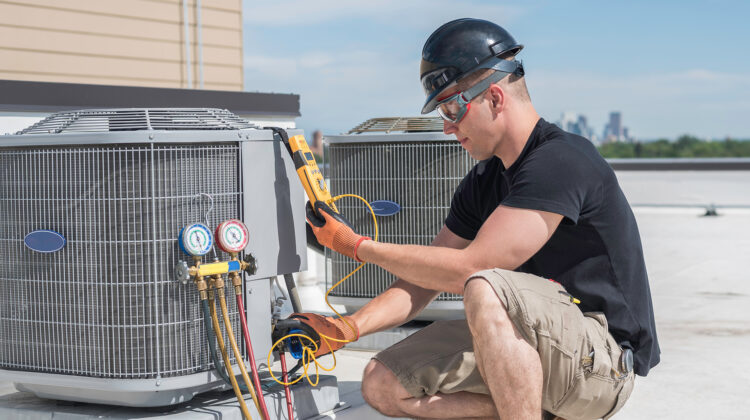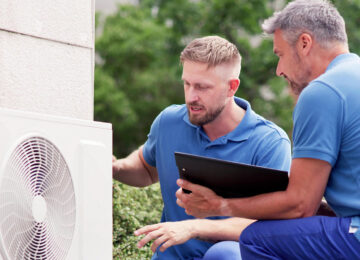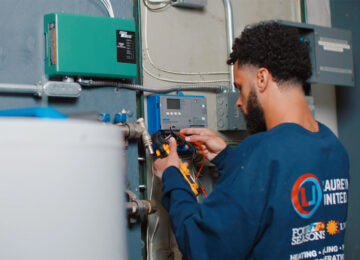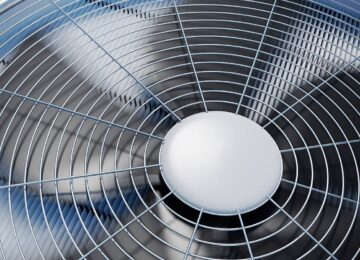Weather conditions play a crucial role in determining the performance and efficiency of your HVAC system. As the seasons change, your heating, ventilation, and air conditioning (HVAC) system must adapt to varying temperatures and environmental factors. In this article, we’ll explore the impact of weather on HVAC performance, with a focus on heating efficiencies, potential heating repair issues, and the importance of regular HVAC maintenance. Join us as we unravel the connection between weather patterns and the efficiency of your HVAC system, brought to you by Laureyns United.
Temperature Extremes and Heating Efficiencies
Extreme temperatures, whether hot or cold, can strain your HVAC system as it works harder to maintain a comfortable indoor climate. During winter, the system has to overcome the chill, while in summer, it battles against the heat. This constant adjustment can impact heating efficiencies, leading to increased energy consumption and higher utility bills.
HVAC Efficiency Challenges in Extreme Cold
In colder climates, HVAC systems face the challenge of efficiently heating homes. Cold weather can affect the performance of heat pumps and furnaces, potentially causing issues like reduced heating capacities, longer heating cycles, and increased wear and tear. Regular heating repair and maintenance become essential to ensure optimal performance during winter months.
Heatwaves and Air Conditioning Efficiency
On the flip side, during scorching summer days, air conditioning units are put to the test. High temperatures can strain the cooling system, potentially leading to reduced efficiency, inadequate cooling, or even system malfunctions. Proper HVAC maintenance, including cleaning filters and checking refrigerant levels, is crucial to counteract the impact of heatwaves.
Humidity Challenges
Weather conditions also influence indoor humidity levels, affecting the overall comfort of your living space. HVAC systems with integrated humidity control features can help maintain an ideal balance. However, extreme humidity levels can strain the system, emphasizing the need for regular HVAC repair and maintenance to prevent performance issues.
The Importance of Seasonal HVAC Tune-Ups
To ensure optimal performance regardless of weather conditions, it’s essential to schedule seasonal HVAC tune-ups. Professional technicians can identify and address potential issues, optimize system settings, and conduct necessary heating repairs before the start of the heating season. This proactive approach enhances the longevity and efficiency of your HVAC system.
Weather fluctuations pose unique challenges to HVAC systems, impacting their performance and efficiency. Laureyns United emphasizes the importance of proactive HVAC maintenance and timely heating repairs to address weather-related challenges. By understanding how weather influences your HVAC system, you can take steps to optimize its efficiency, reduce energy consumption, and ensure year-round comfort in your home. Trust Laureyns United for expert HVAC solutions tailored to weather the seasons with ease.




